10 Best University Jazz Programs 2022
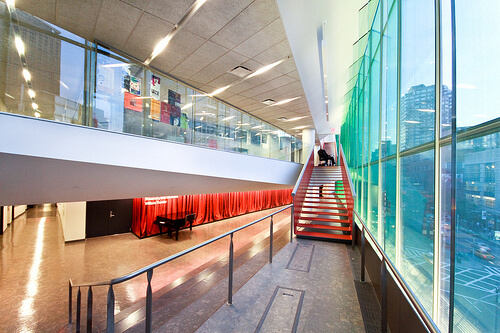
10 Best University Jazz Programs Methodology#10 – Oberlin College#9 – University of Miami#8 – The University of Texas at Austin#7 – California Institute of the Arts#6 – The University of Michigan#5 – University of Southern California#4 – The University of California#3 – Northwestern University#2 – The Juilliard School#1 – Columbia UniversityFrequently Asked Questions
In this article, we profile the 10 best university jazz programs of 2022.
The best jazz programs prepare and educate students for careers in jazz music as performance artists. Conservatory training, ensemble experience, and networking opportunities are often major parts of the top jazz programs in the country. It is in these prestigious programs that students receive mentorship from renowned musicians, take classes from visiting master artists, and gain performance experience in both small and large ensembles. Attending the right school and program can make all the difference in determining whether you will have a viable career as a jazz artist and musician.
10 Best University Jazz Programs Methodology
We looked at 77 accredited colleges and universities listed by the National Center for Education Statistics (NCES) College Navigator that offered both beginner and advanced programs (bachelor’s, master’s, or diploma/certificate) in jazz, jazz studies, jazz performance, or a closely related discipline. In an effort to find the top programs, we selected schools who had the lowest acceptance rate and had rankings with U.S. News & World Report. We then listed the schools based on their selectivity (acceptance rate) as published by NCES College Navigator. The most selective institution earned the #1 position on our list.
The resulting selections for our top 10 best university jazz programs are listed below.
#10 – Oberlin College
Oberlin, Ohio
Website
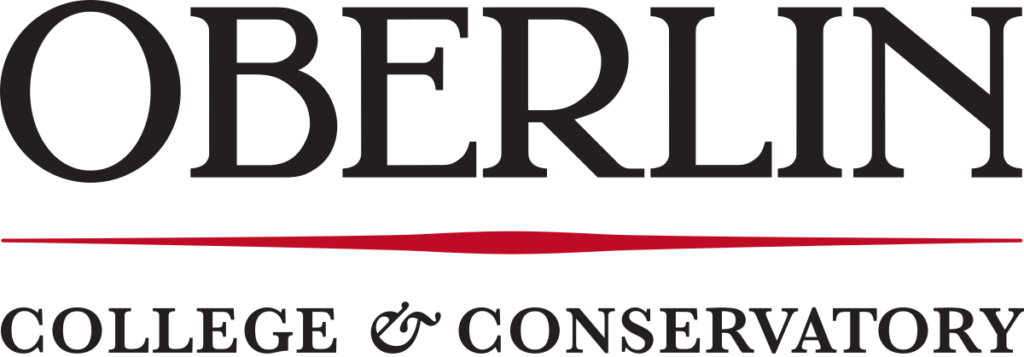
Acceptance Rate: 35%
Undergraduate Tuition: $58,554
Oberlin College’s jazz studies program is recognized as one of the most respected programs of its kind in the country. The conservatory, in operation since 1973, has offered jazz courses and studies since 1989. In fact, 1989 is when the jazz studies major became available. Upon admission to Oberlin’s highly selective program, students start a sequence of courses in private composition. Masterclass opportunities are also available, allowing students to work with some of the most renowned musicians in the world. While the school is not the least expensive on our list, it does have top rankings from reputable sources like U.S. News & World Report. In fact, Oberlin ranks #37 in best national liberal arts colleges and #83 in best value schools based on the average level of need-based financial aid received by admitted students.
#9 – University of Miami
Coral Gables, Florida
Website

Acceptance Rate: 33%
Undergraduate Tuition: $53,682
The University of Miami’s Frost school of music offers programs designed to serve as preparation for the study of instrumental and vocal jazz performance. A variety of degree levels are available, such as the bachelor’s in studio music and jazz instrumental and the bachelor’s in studio music and jazz vocal. Graduate degrees are offered in instrumental jazz performance, studio jazz writing, and vocal jazz performance, among others. The school is one of the few offering doctoral degrees in jazz composition, jazz instrumental performance, and jazz vocal performance, making it a top choice for those seeking advanced study. In addition to offering accredited jazz programs, the University of Miami ranks with U.S. News & World Report. Recent rankings include #55 in best national universities and #123 in best value schools.
#8 – The University of Texas at Austin
Austin, Texas
Website

Acceptance Rate: 32%
Undergraduate Tuition: $11,448
The University of Texas at Austin’s Butler school of music offers a jazz studies program for the serious student of jazz. Distinguished faculty and a creative learning environment offer a collective and artistic approach to the study of jazz. Performance opportunities are abundant at UT, as jazz majors receive opportunities to play in a variety of large and small jazz ensembles. The role of faculty is to guide music majors along the path to becoming respected musicians. In addition to being fully accredited and recognized for its renowned music school, UT Austin ranks with major publications like U.S. News & World Report. Their most recent rankings include #38 in best national universities, #10 in top public schools, and #23 in best fine arts programs.
#7 – California Institute of the Arts
Valencia, California
Website
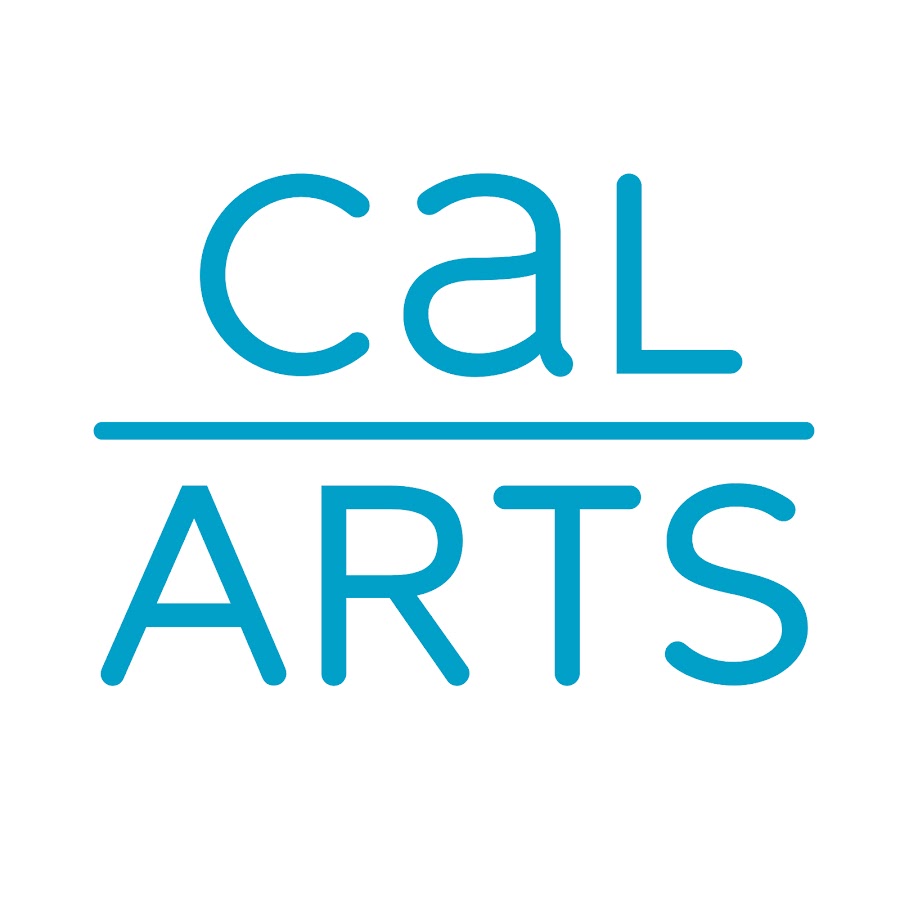
Acceptance Rate: 27%
Undergraduate Tuition: $53,466
With a 27% acceptance rate and specialized jazz programs, California Institute of the Arts earns a top spot on our list of best university jazz programs. The Herb Alpert school of music was founded by jazz giant Charlie Haden as a creative alternative to academic jazz studies. Jazz students benefit from small ensemble performance and improvisation, close working relationships with mentors, and an apprenticeship model rich with rehearsals and recitals. Each year, students have the opportunity to record original work at the legendary Capitol Studios in Hollywood with the world’s most remarkable recording engineers. In addition to all California Institute of the Arts offers for jazz students, the school is fully accredited and recognized by U.S. News & World Report.
#6 – The University of Michigan
Ann Arbor, Michigan
Website

Acceptance Rate: 26%
Undergraduate Tuition: $15,948
Students at the University of Michigan’s department of jazz and contemporary improvisation receive rigorous training in mainstream jazz, among other forms of improvisation. The school is selective, with a 26% acceptance rate. In addition to several bachelor’s in fine arts degrees available at the University of Michigan, the school offers readiness for its master’s degree programs. In fact, a Master of Music in improvisation and doctorate in jazz and contemporary improvisation are among the available graduate programs. The University of Michigan’s reputation draws a large pool of applicants, and the music programs are highly competitive. Michigan is also fully accredited and ranked with U.S. News & World Report as the 23rd-best university in the country.
#5 – University of Southern California
Los Angeles, California
Website
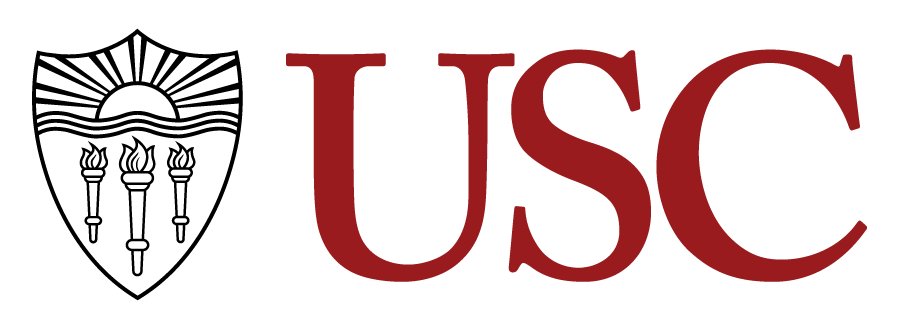
Acceptance Rate: 16%
Undergraduate Tuition: $60,275
USC’s Thornton school of music is recognized as one of the best music schools, offering among the first free-standing jazz studies department in the nation. As a pioneer for jazz programs, Thornton boasts world-renowned faculty, a strong alumni network, and academics dedicated to the one true American musical art form. The school also offers bachelor’s degrees in music and voice, a master’s degree in music, and graduate certificates in performance. A Doctor of Musical Arts – jazz studies performance is also offered for those seeking an advanced degree. USC is highly selective. The acceptance rate is 16%, and the school ranks consistently with major publications like U.S. News & World Report. In fact, USC ranks 27th in best national universities and 60th in best value schools.
#4 – The University of California
Los Angeles, California
Website

Acceptance Rate: 14%
Undergraduate Tuition: $13,249
The Herb Alpert school of music at UCLA offers bachelor’s degrees in global jazz studies designed for students seeking careers as jazz performers, jazz scholars, producers, and teachers. The school’s 14% acceptance rate means that competition for admission is fierce. But once they are accepted, students take courses that explore topics like the history and culture of jazz, improvisation, musical structure and instrumentation, and studio instruction. The program also offers a range of opportunities for students to engage with visiting artists and faculty and participate in masterclasses with jazz greats like Billy Childs, Danilo Perez, and Vijay Iyer. UCLA ranks with U.S. News & World Report as #20 in best national universities and #29 in most innovative schools in the country.
#3 – Northwestern University
Evanston, Illinois
Website
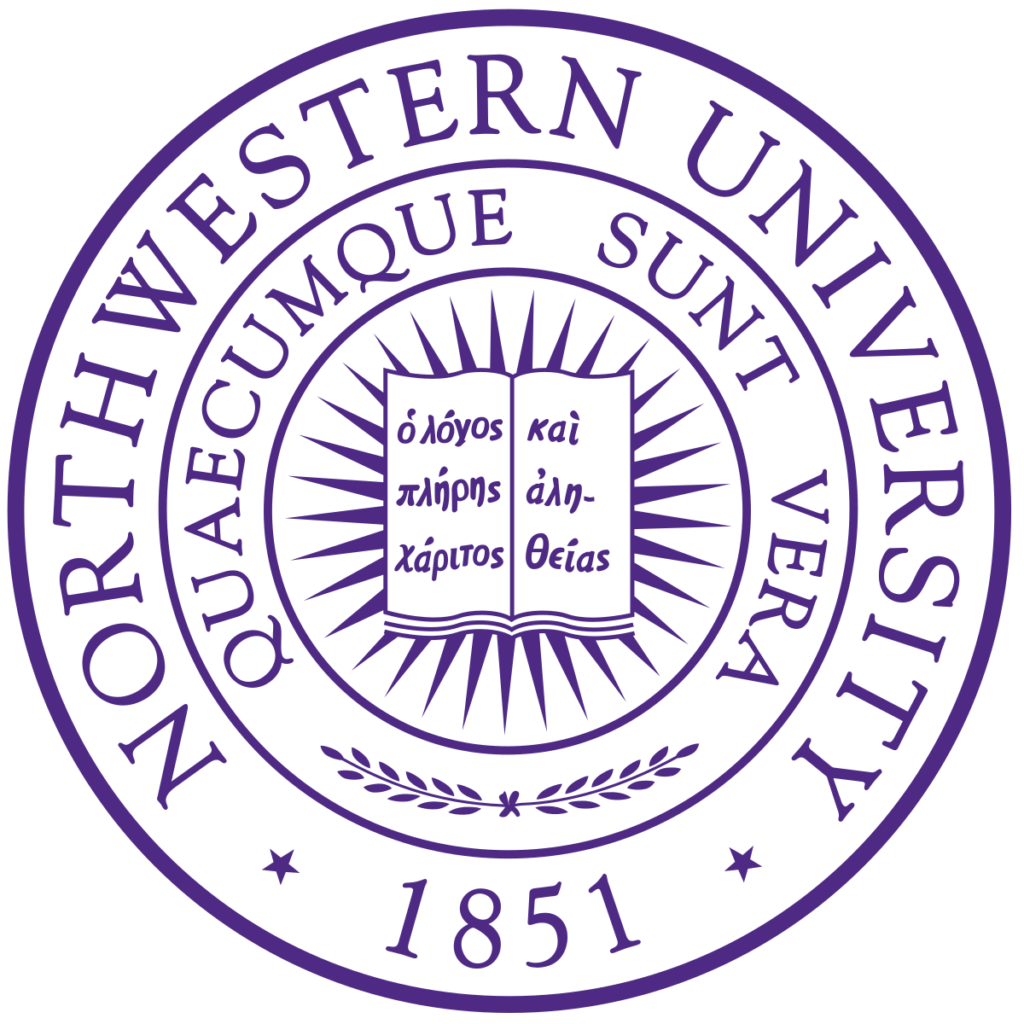
Acceptance Rate: 9%
Undergraduate Tuition: $58,701
Northwestern University’s Bienen school of music offers a bachelor’s in music with jazz studies emphasis. This highly selective program is designed to prepare students to enter graduate jazz programs or work as professional musicians. Students gain insight into the performance world through rigorous coursework offered in and out of the music program. Chicago’s thriving jazz scene leads to many opportunities. Admission to Northwestern University is highly selective. Admission to the jazz program requires completion of an application, academic and music teacher recommendations, standardized test scores, and a music audition and/or portfolio material, depending on the program. Northwestern ranks with all major publications. In fact, recent rankings with U.S. News & World Report include ninth in best national universities.
#2 – The Juilliard School
New York, New York
Website

Acceptance Rate: 8%
Undergraduate Tuition: $49,260
The Juilliard name is synonymous with the best-performing arts schools in the country. With an eight-percent acceptance rate, Juilliard is highly selective, so it should come as no surprise that the school offers one of the best university jazz programs. The innovative jazz studies program is led by Juilliard alumnus trumpeter and composer Wynton Marsalis. The program combines the history and traditions of jazz with many professional performance opportunities. As a Juilliard jazz student, you will have opportunities to play in small ensembles, the Juilliard Jazz Orchestra, and prominent venues in New York. Juilliard is fully accredited and is recognized with major publications like U.S. News & World Report as a top art school.
#1 – Columbia University
New York, New York
Website
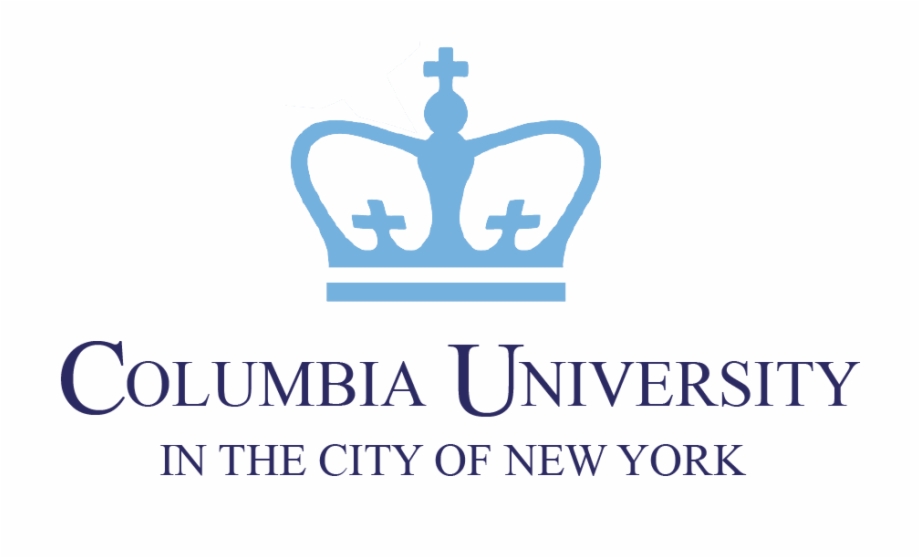
Acceptance Rate: 7%
Undergraduate Tuition: $61,671
The top university jazz program on our list is offered at the center for jazz studies at Columbia University. This highly selective program has been offering jazz studies through its renowned Louis Armstrong performance program since 1999. At the core of the program is an interdisciplinary jazz studies degree that offers performance opportunities for aspiring musicians. Students gain access to visiting master artists alongside rigorous study. Ensemble opportunities are also offered, which include big band, free jazz, jazz combos, and jazz vocal ensemble performances. In addition to offering strong academics, Columbia ranks with U.S. News & World Report. Recent rankings include second in best national universities and seventh in best value schools.
______________
Frequently Asked Questions
What should I do when I first graduate from a university jazz program?
The first thing to do when you graduate from a university jazz program, especially if you don’t have a job lined up, is to network. One way to network is to find the people doing the job you want to do and offer your services. Do anything you can to connect with these people. Networking opportunities are often found through your school’s jazz program, and they may be offered by faculty or your school’s alumni. Before graduating, find your tribe. Connect with fellow students, and stay connected after graduation.
Get out there. A short mantra that stretches beyond networking is to be visible. According to saxophonist Greg Johnson of USC Thornton school of music, “Go to shows, jam sessions, take lessons, make the hang.” If people don’t know who you are, they will never make a connection. It is important to interact with people and show off your sound.
You can also join professional organizations that bolster your professional goals. Organizations like the College Music Society, NAMM, and SESAC all offer memberships to jazz students and professionals. These organizations offer networking opportunities and access to ongoing education. Some even offer reduced membership rates for students who are affiliated with certain schools. Do your research on organizations to find the best fit for your needs and career goals.
How much money can I make after earning a degree from a university jazz program?
The earnings potential varies by occupation, especially for those working as jazz musicians. Once you’ve graduated from a university jazz program, gained performance experience, and are ready to embark on a career as a musician, you will want to know what to expect in terms of pay.
According to the Bureau of Labor Statistics (BLS), musicians and singers earn a median hourly wage of $31.40. While the lowest-paid 10 percent earn less than half the median hourly wage, the highest 10% earn more than $87.47 per hour. The average hourly wage of musicians is over $10 per hour above the average hourly wage for all other occupations. In fact, BLS reports the average for all occupations as $20.17 per hour.
To help leverage your earnings potential, it is important to pay attention to certain industries that offer higher-than-average earnings. According to BLS, the highest-paying industries for musicians, including jazz musicians, are performing arts, spectator sport, and related industries. In these industries, musicians earn median hourly wages of $40.36. Religious, grantmaking, civic, professional, and similar organizations offer $25.24 in hourly median wages, making these industries the second-highest-paying industry for musicians. The third-highest-paying industry for jazz musicians is educational services. Instructors of jazz earn an average of $25.07 per hour.
What is the job outlook for musicians graduating from top university jazz programs?
The average employment growth for all occupations, according to the Bureau of Labor Statistics, is eight percent, but the outlook for musicians is three percent higher. In fact, BLS reports a projected growth of 11% through 2030. The projected growth equates to 20,800 job openings for musicians over the next nine years.
So, what’s causing the employment growth? According to BLS, many of these job openings will result from the need to replace musicians exiting the workforce through retirement. Also, immediate growth will result from the industry’s recovery from recession due to COVID-19.
As the industry recovers, musicians will be in demand. Now is a favorable time to pursue music school and graduate from a top university jazz program. higher demand is driving the hiring of session musicians and backup artists for recordings and tours. Also, digital downloads and streaming platforms that make it easy for audiences and fans to listen to recordings and view performances will increase demand for musicians and singers. There may also be a push for musicians to license their music for use in advertisements or commercials, creating revenue opportunities and multiple streams of income. The push for licensing should also drive demand.
What qualities are important for applicants of university jazz programs?
Top university jazz programs are highly competitive. They accept the best of the best. Three of the 10 jazz programs on our list boast single-digit acceptance rates. So, how do you get accepted to the nation’s top jazz schools?
Beyond talent, it helps to be disciplined. Talent is not enough for most musicians to find employment after school. The best musicians constantly practice, rehearse, and work on their craft. They constantly perform and improve their style, performance, and technique. Since auditioning for jazz programs and jobs can be a frustrating process, being dedicated and disciplined helps.
Jazz programs look for students with strong interpersonal skills. Since students collaborate on projects and performances, it is important to be able to work well with others. Strong interpersonal skills carry over into the workplace, as musicians work closely with agents, conductors, music producers, and other musicians. Having good people skills helps build strong working relationships.
In addition to showcasing superior musical abilities, applicants of the best university jazz programs should possess physical stamina. Music programs require students to practice a certain number of hours and adhere to a strict performance schedule. Improving stamina prepares students for frequent travel and irregular performing schedules.
Strong candidates for top jazz programs are critical thinkers and advocates for the arts, and they are well-versed in music theory.
What courses will I take in a university jazz program?
Qualified students admitted to the best university jazz programs who wish to gain professional training will typically take four years of classes to earn a bachelor’s degree in jazz studies. Students begin their academic career taking pre-core courses in ear training, history of music or survey of music, and theory. Pre-core courses serve as the foundation for additional history and music theory classes.
In addition to core classes, jazz students must complete upper-level music theory and history electives. Common topics include essential skills in jazz improvisation, jazz arranging, jazz history and analysis, and jazz laboratory. Introductory composition and private instruction courses may also be taken to satisfy elective requirements.
In addition to the above coursework, jazz students must fulfill ensemble requirements. Ensemble requirements may include at least one or two performances each semester or quarter. Performances may be through the school of music or outside the institution.
Most jazz programs require proficiency in piano. While jazz students may focus their studies and performance on another instrument, such as a trumpet or saxophone, they will be required to show piano proficiency. If your jazz program requires piano proficiency, you may need to pass an equivalency exam or class.
Planning to Major in Jazz? 8 Top Considerations
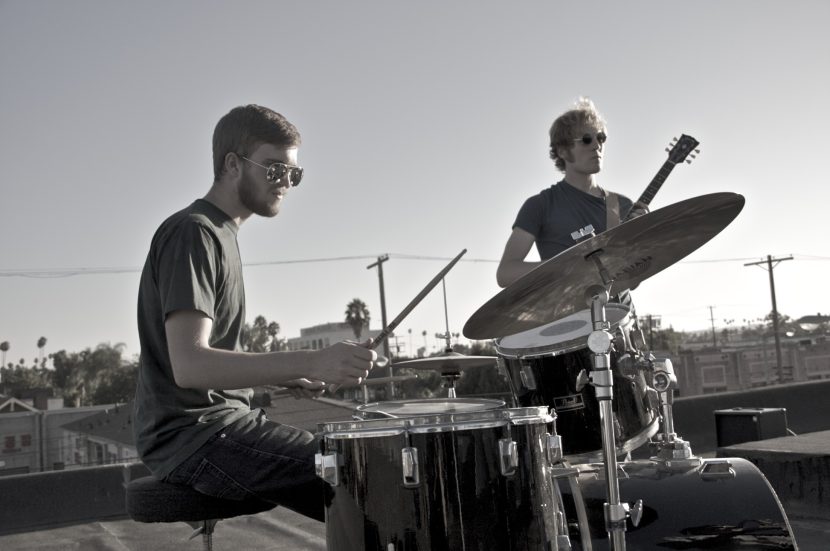
Are you someone who lives and breathes jazz and can’t imagine doing anything else in college? If you’re wanting to major in jazz, here are 8 top considerations from jazz faculty, students, and recent graduates for anyone thinking about majoring in jazz or already on their way.
by Barbra Weidlein –
1. Why Go to Music School to Study Jazz If You’re Already Performing?
While some young musicians at the top of their game will make a name for themselves without ever going to music school, careers in music are so highly competitive that musicians need all the knowledge, support, and connections they can get.
According to Alan Pasqua, professor of Jazz Studies at University of Southern California Thornton School of Music, “Music school increases your chances of being a better musician. It’s a structured environment with other high level, motivated students, that offers networking opportunities and knowledge. It’s a way to become more fluent in jazz.”
Pasqua goes on to say that young musicians who think they can learn what they need to learn, by simply studying with a private teacher, will miss out on everything that happens after the lesson is over. “In music school, the learning is ongoing. It’s so easy to find fellow students to play with, to continue the learning. There are also opportunities to meet so many others in fields that will be important to you in your life.”
2. Choose a Direction
First and foremost: do you want to focus on performance? Or on the history of jazz? Do you want to teach? Or are you leaning toward a career in music industry, with jazz as your focus? Schools differ in their strengths, so a good starting place is to clarify what you think you want to do when you graduate. Richard Dunscomb, chair of the Music Department at Columbia College Chicago, recommends that you research and then ask each school you’re interested in to specify what type of jazz education you will get there.
For performance-driven students, Harry McKenzie, who got his Bachelor of Music degree in Jazz Studies at USC Thornton School of Music in 2012, suggests looking closely at schools “in cities that have thriving jazz scenes, so you can start establishing yourself as a professional player while you’re in school.”
3. Become a Good Improviser
Music schools typically expect jazz students to know how to improvise by the time they audition. But how do you get there?
According to John Murphy, chair of Jazz Studies at University of North Texas College of Music, “Learning how to improvise, and to play jazz in general, is a lifelong pursuit. The best thing you can do is to listen with your full attention to important artists on your instrument (including voice) and on other instruments. Much of the listening we do these days is distracted. Anyone who wants to learn how to play jazz needs to listen with full attention, with no distractions, repeatedly. There’s no better way to learn what you want your tone to sound like, how to feel the time, how to play a solo that tells a story.”
4. Get the Most Out of Your Program
Take responsibility for finding out what you need to learn if you want a career in music. Don’t expect music schools to lay it all out for you. Talk with professors who are also performers or who have backgrounds in music industry, music education, or any area of music you’re interested in. Find out what they wish they’d learned when they were in music school. And, as professionals, what skills/tools they can’t do without.
“You get out what you put in,” says John Gunther, composer and multi-reed instrumentalist, and associate professor of Jazz Studies at CU Boulder College of Music. “Be active and pro-active. Study hard and practice a lot but also look for or create opportunities to play with your peers. Get familiar with other instruments (everyone should play drums and piano!). Be familiar with things happening outside your immediate environment (theatre, dance, classical concerts, etc.). You also have to take care of yourself….sleep, good food, exercise.”
Drew Zaremba, senior jazz studies major at University of North Texas College of Music, spends as much time as possible with faculty to learn as much as he can, and then practices everything he learns. “Your colleagues are an equally important source of inspiration and encouragement,” he adds, “so finding good dedicated musicians as friends is essential!”
Addision Frei, University of North Texas College of Music junior and an award-winning pianist, agrees. “One of the most important aspects of studying jazz in college is connecting to your peers and establishing strong music relationships. Playing with others outside school is the most helpful way to harness ideas obtained in class and to develop an artistic identity. Supporting peers at local performances is also crucial to becoming a part of a musical community.”
5. Find the Right Teacher
The importance of finding the right teacher can’t be underestimated. John Davis, director of Jazz Studies at CU Boulder College of Music, recommends: “Find a teacher who plays how you would like to play, but who also has been recommended as a good teacher. Unless the teacher/performer can relate ways to practice and play effectively, all you may end up with is a great player who sounds good but who can’t help you sound good. You want to find a teacher who can effectively provide approaches and ideas that will help you grow.”
Alan Pasqua offers these suggestions:
- Find a teacher who can be a mentor.
- Find a teacher whose performance you can emulate.
- Find someone with whom you can work well, and with whom you have good relationship dynamics (i.e., chemistry is important!).
- Find out how much time the teachers you want to study with are really at the schools you’re looking at applying to. Many tour, so you’ll want to know whether they’ll actually be teaching your classes and how available they’ll be for your questions and concerns outside of class time.
- Connect with anyone you might want to study with, before you start applying to schools. They should be willing to email with you and hopefully give you a lesson, as a prospective student at their school.
6. Know What’s Required to Be Successful
“You must develop a repertoire of jazz standard tunes,” says John Davis, a trumpet player who has taught everything from jazz history to big band and vocal jazz. “These are tunes you have memorized, know the chord changes, and can improvise over. All jazz musicians are expected to have a large base of jazz tunes in their ‘arsenal’ to be competitive and functional in the industry.”
Learning to network is vital. According to Alan Pasqua, whose background includes playing electric keyboard for TV shows and performing with legendary musicians including Bob Dylan, Santana, Ray Charles, Elton John, and Queen Latifa, “The networks you develop in college are the most important for meeting friends, fellow students, and for learning about other areas. Your friends will become your co-workers and the people who hire you.”
Los Angeles guitarist, Erik Miron, a 2009 graduate of USC Thornton School of Music, concurs. “The importance of networking and forming groups with my peers –– this was critical, and in my opinion much more important than coursework.”
Drew Zaremba, who plans to be a studio orchestrator and arranger as well as performer after graduation, says “determination, confidence, and humility” are all necessary for success. “One must be determined to face economic difficulties (jazz music is no longer the pop music of our culture) and still be driven to practice daily. Confidence is essential –– jazz music is based in improvisation, and without confidence it is difficult to deliver a convincing solo for audiences to listen to and enjoy. Humility is also incredibly important –– this goes hand in hand with confidence. Without humility, no one will want to help you musically, with getting gigs, and finding work will be all the more difficult.”
7. Learn to Be Versatile
According to Dick Dunscomb at Columbia College Chicago, who also conducts and teaches jazz workshops all over the U.S., “Many schools now require that you learn to perform a variety of forms of music, not just jazz. Anyone pursuing music these days needs to be prepared to work on projects in many fields.”
Along these lines, Harry McKenzie, now a jazz drummer in Los Angeles, advises: “Don’t put yourself in a box and say you only play a certain kind of music. Take advantage of every playing opportunity you’re offered.” Noah Fulton-Beale, a 2012 trumpet performance alum from CU Boulder College of Music who now performs and teaches, agrees. “Be as versatile as you can as a player, arranger, composer, teacher…You never know what opportunities might come up that you’ll need to be ready for!”
8. Invest in Summer Music Programs
“Do it!” says Alan Pasqua. “You’ll get to interact with more musicians who are at least at your level of ability.”
John Murphy concurs. Investing yourself in a summer music program “gives you access to two important things: college-level instruction and a group of peers of similar age who are also serious about the music. You can get a sense of whether you will enjoy being a music major and devoting every waking moment to playing, listening to, and thinking about music.